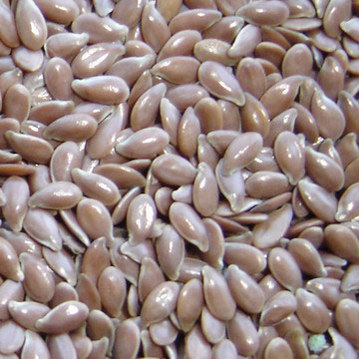Constipation is
common complaint during cancer therapies and otherwise. This is usually brought on by the
general disruption of the daily routine resulting from extra travelling, stays
in hospital or waiting in hospital waiting rooms. Other contributory
factors include:
-
anti-sickness medication
(eg ondansetron) and pain killers (codeine or morphine) are additional major
culprits
-
not eating enough
fibre
-
not being active enough
-
drinking an excessive amount of strong tea or coffee
(these can be dehydrating)
-
bowel muscles weakness – being frail or recent
abdominal surgery
-
haemorrhoids, or anal fissure can make it painful to
defecate
Symptoms of constipation
We are all
familiar with the symptoms of constipation which most commonly include an
uncomfortable feeling in the back passage, bloating and abdominal cramps. There
are many other symptoms which are not so immediately obvious. A recent survey of
patients with regular constipation reported the following symptoms:
-
65% mentioned discomfort, fatigue &
apprehension
-
25% reported
irritability and increased arguments with their partners
-
51% admitted
feeling less attractive, impacting their social lives
-
38% said they
cancelled or left a social engagement early
-
68%
said it affected sex either because they felt unattractive or in pain
-
70%
reported embarrassment with the extra associated flatulence.
Despite
the frequency of this complaint, it is often looked and only addressed when it
becomes a significant problem. With some logical foresight however constipation
can often be prevented. For example if anti-sickness drugs such as ondansetron
are give
with chemotherapy consider changing the diet the day before chemotherapy
(especially if constipation has been a problem in previous cycles). Try eating
three or four dried prunes (or something equivalent if you don’t like prunes)
the night before and the morning of chemotherapy. Immediately after
chemotherapy it is more difficult to modify diet as there is usually some
impairment of appetite but not to worry the fibre will already be in the system.
Another good manoeuvre is also to try and go for a brief walk in the fresh air in the
evening
after the chemotherapy – this may seem alien but not only will it help prevent
constipation but it will help the nausea.
Painkiller such a codeine also commonly cause constipation; consider changing the diet before the stools harden rather than wait for
the uncomfortable circle of complaint setting it and self perpetuating.
Ways to prevent constipation
-
Eat plenty of fibre such as bran, wholemeal
bread, cereals, fruit, leafy vegetables, potato skins, beans, dried peas (see
below).
-
Have a regular routine in the morning and allow
your bowels time to work. The best time to go is in the hour after breakfast
-
Don’t ignore the call to stool – if you want to go – go don’t be embarrassed to keep people waiting while you sit on
the loo with the newspaper until you’ve had a good result.
-
Exercise shakes up your bowels and reduces the time motion takes to
pass through your bowels (transit time) - your stool will be
softer by the time it reaches your rectum easier to pass.
-
Use ointment, suppositories to relieve a
painful anus.
Dietary tips and
constipations
 The
best dietary measure is crushed or milled linseeds are excellent they contain
fibre, antioxidants and healthy oils such as omega 3 and 6 - a tablespoon every
morning will have a major positive effect on your bowels especially if combined
with adequate hydration and regular exercise. Other ways to increase dietary fibre
include: The
best dietary measure is crushed or milled linseeds are excellent they contain
fibre, antioxidants and healthy oils such as omega 3 and 6 - a tablespoon every
morning will have a major positive effect on your bowels especially if combined
with adequate hydration and regular exercise. Other ways to increase dietary fibre
include:
Fruit
Try including more fruit in your diet, either tinned, fresh, stewed, pureed or
dried.
- Add dried fruit to porridge, cereal or milk puddings
- Slice a banana on your breakfast cereal
- Slice fruit on to desserts such as mousses and cheesecakes
Vegetables and Salad Try increasing your intake of vegetables including peas, beans and lentils.
These can be fresh, frozen, tinned, cooked or raw:-
- Add cauliflower, leeks or broccoli to stews, casseroles, curries, and soups
- Include salad in sandwiches
- Baked beans on toast makes a high fibre snack / meal
Breads
and Cereals
Eat more wholemeal / wholegrain / granary bread, rolls, pitta bread, chapattis
or wholemeal scones etc.
- Cereals such as Branflakes, Weetabix, Porridge, Shredded Wheat or Fruit & Fibre are a
good source of fibre.
- Digestive and oat biscuits contain more fibre than plain biscuits such as Morning Coffee
or Rich Tea.
- Cereals such as Branflakes, Albran or Fruit &
Fibre can be mixed with lower fibre cereals such as cornflakes or Frosties to increase
their fibre content
|